SakenowaRecord your sake experiences and discover your favorites
麒麟山Kirinzan
Flavor Chart®
A chart created from flavor analysis of user comments.

Flavor Tags ®
Tags generated from flavor analysis of user comments.
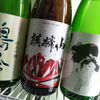
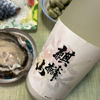
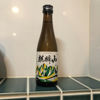
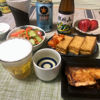
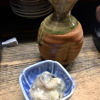
Popular Comments
The last? is Kirinzan
A refreshingly light and dry sake. You can drink it all the time.
There are other drinks, but unfortunately I don't have a picture of them nor can I remember them.
Thank you very much for your hospitality!
Japanese>English
Today is Nigori no Hi? (25th) eve.
I had a Kirinzan.
It has no effervescence, but when you pour it into a glass, it is very fizzy.
The alcohol content is 14 degrees. A little low.
It has a gentle flavor, but it is dry and refreshing.
The nigorigo has a variety of flavors, and it is delicious.
Japanese>English
Brands from Kirinzan Shuzo
Kirinzan
Similar Brands
We analyze the flavors based on everyone's comments and select similar brands.
KoshinokagetoraSimilar Characteristics
Location
46 Tsugawa, Aga, Higashikanbara-gun, NiigataOpen in Google Maps
Related Articles
新潟・麒麟山酒造が春限定のにごり酒「麒麟山 なごり雪」を2/27(日)に発売 | 日本酒専門WEBメディア「SAKETIMES」
 麒麟山酒造株式会社(新潟県東蒲原郡)は季節限定商品「麒麟山 なごり雪」を、2022年2月27日(日)に発売しまSAKETIMES | 日本酒をもっと知りたくなるWEBメディア
麒麟山酒造株式会社(新潟県東蒲原郡)は季節限定商品「麒麟山 なごり雪」を、2022年2月27日(日)に発売しまSAKETIMES | 日本酒をもっと知りたくなるWEBメディア米作りなくして酒造りなし。新潟・麒麟山酒造はなぜ「100%地元産米の酒造り」を目指すのか? | 日本酒専門WEBメディア「SAKETIMES」
 新潟県阿賀町に蔵を構え、新潟の人たちの生活に密着し、長らく愛されている"新潟地酒"の代表格・麒麟山酒造。移り行SAKETIMES | 日本酒をもっと知りたくなるWEBメディア
新潟県阿賀町に蔵を構え、新潟の人たちの生活に密着し、長らく愛されている"新潟地酒"の代表格・麒麟山酒造。移り行SAKETIMES | 日本酒をもっと知りたくなるWEBメディア新潟県・麒麟山酒造が、酒米「たかね錦」を100%使用した「麒麟山 錦の夢心地」を今期限定で10/25(火)より出荷開始 | 日本酒専門WEBメディア「SAKETIMES」
 麒麟山酒造株式会社(新潟県阿賀町)は、新潟県奥阿賀産「たかね錦」を100%使用した大吟醸酒「麒麟山 錦の夢心地SAKETIMES | 日本酒をもっと知りたくなるWEBメディア
麒麟山酒造株式会社(新潟県阿賀町)は、新潟県奥阿賀産「たかね錦」を100%使用した大吟醸酒「麒麟山 錦の夢心地SAKETIMES | 日本酒をもっと知りたくなるWEBメディアTimeline
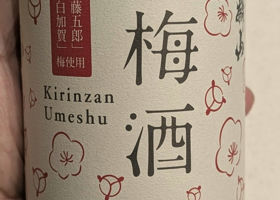
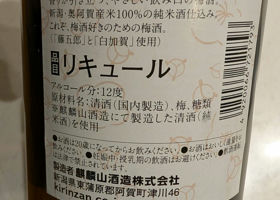
chochinmaru
Umeshu made with Junmai sake from Kirinzan.
This is refreshing and not too much sweeter than regular plum wine!
Japanese>English
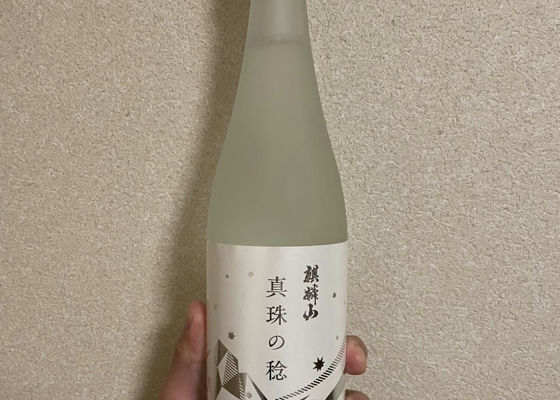
Yoshibo
It is a Christmas present from my daughter.
Japanese>English
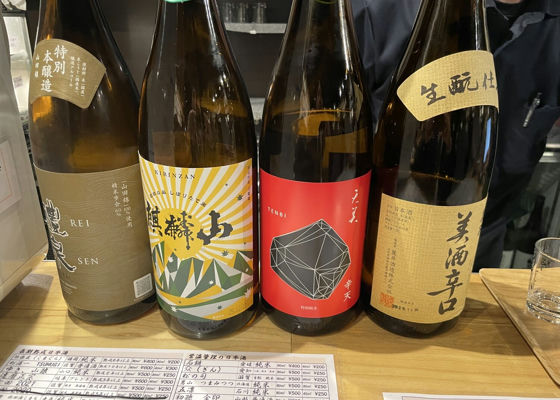
たつさん
備忘録
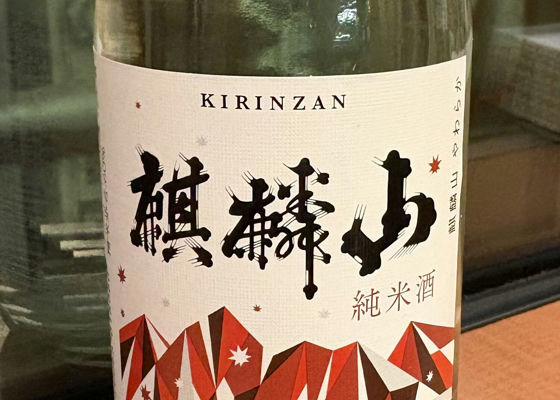
maya
Year of manufacture 202510
Chinese>English
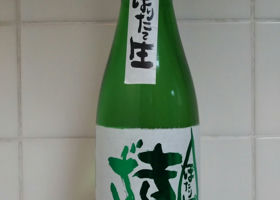
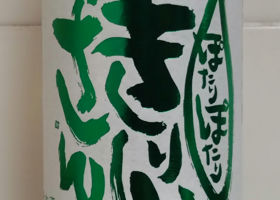
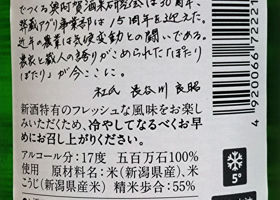
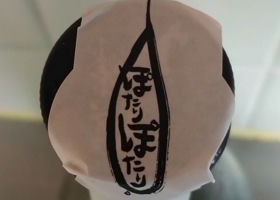
うましぶ
💮
Every year, I decide to spend the year-end and New Year's holidays drinking this sake.
It is a typical Niigata sake with a light, refreshing flavor that goes great with sashimi, hot pot, etc. There are many delicious, famous, rare, and hard-to-find sakes, but this one may be the best in my opinion.
There are many delicious, famous, rare, and hard-to-find sakes, but this one is probably the best in my opinion.
I am very happy to be able to drink my favorite sake, and I am very thankful for this New Year's holiday.
Japanese>English
Kirinzan純米吟醸 真珠の稔
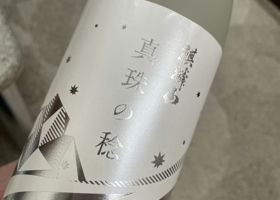
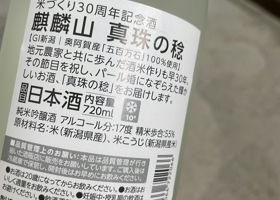
brownie
Buy at Asagaya Sake Nomitsuya
Japanese>English
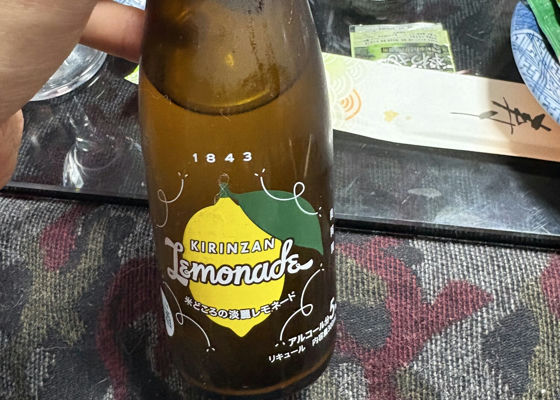
さがのわ
Yum juice and 🥤.
Japanese>English
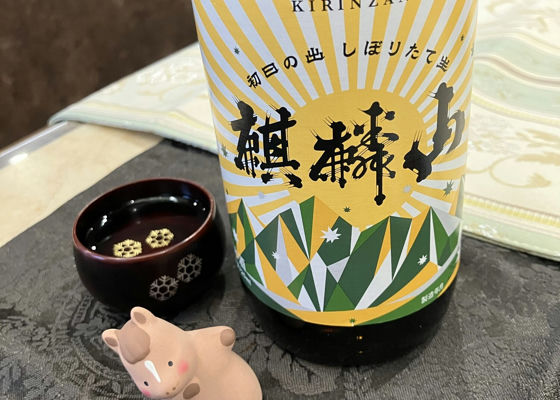
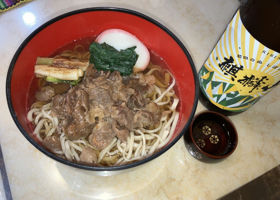
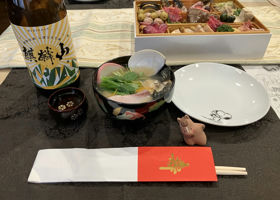
10ZG-STQ
drinking at home (as opposed to going out)
Happy New Year 🎉
I will be preparing the food for the New Year's Eve and New Year's Day.
I can't answer your check-in
I'm sorry for not being able to answer your check-in.
This year, I made New Year's Eve soba (buckwheat noodles with meat) and this morning
I made Zoni (yellowtail, clam, and round rice cake)
We enjoyed it with our family!
We paired it with Kirinzan sake that my wife's friend gave us 😃.
which was given to us by a friend of my wife's 😃.
It was easy to drink and I opened it right away 😅.
I opened it right away😅.
Thank you for your continued support in the New Year.
Japanese>English
ジャイヴ
10ZG-STQ, Happy New Year 🎍 and I look forward to working with you in the new year 🙇.
I've heard that regional characteristics appear in zoni, and the ingredients are absolutely gorgeous 😲.
It looks delicious 🥰.
Japanese>English
ma-ki-
Happy New Year to you, 10ZG-STQ 🎍 and best wishes for the new year 🙇.
Your New Year's Eve and New Year's dishes are wonderful ⤴️
And a New Year's appropriate drink and delicious snacks - a perfect start 😍.
Japanese>English
10ZG-STQ
Thank you, Mr. Gyve, for your support this year!
m(_ _ _)m
In my hometown, we used to put fish and shellfish in round rice cakes for Zoni.
I always put yellowtail but instead of oysters I put clams and instead of grilled conger eel I put grilled yellowtail skin 😃.
Japanese>English
10ZG-STQ
Congratulations, ma-ki-!
I look forward to working with you again this year. m(_ _)m
I have never had Kirinzan before, but it is a good sake.
It's a good sake 😄.
My wife's acquaintance is a relative of mine.
I was given a share of it by my wife's acquaintance. ☺️
Japanese>English
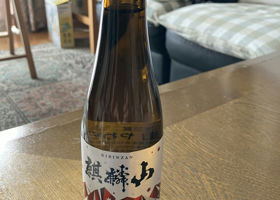
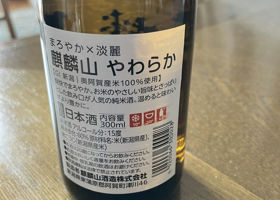
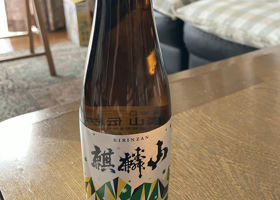
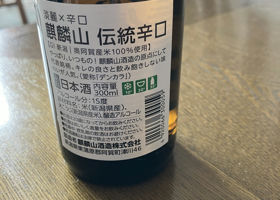
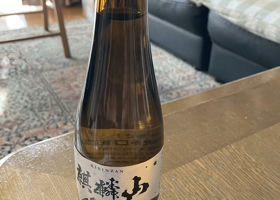
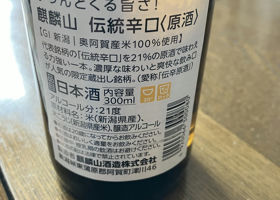
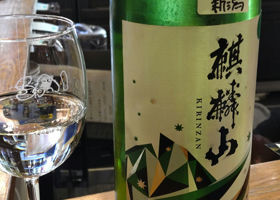
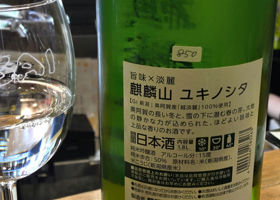
daniel0120
Clear and crisp.
Kick, but with a touch of sweetness
Easy to drink
Japanese>English
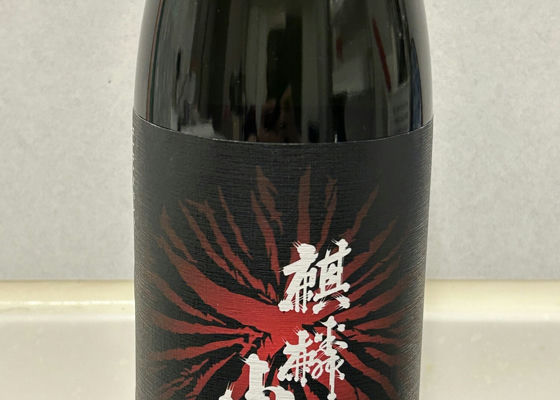
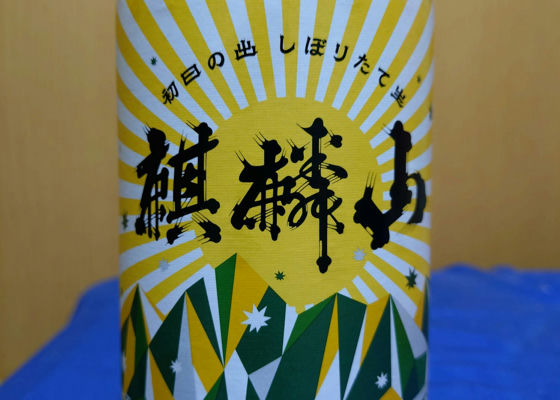
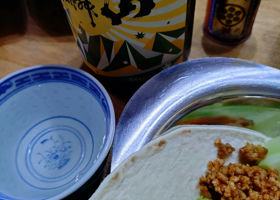
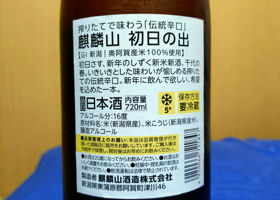
とっちー
Niigata Prefecture
Hatsuhinode Shiboritate Nama
Alcohol 16%.
Rice: 100% rice grown in Okuaga
Warmed sake.
It has a slightly sweet rice aroma.
It has a strong umami flavor in the mouth, but the taste is dry afterwards and goes well with strong flavored food.
This time we paired it with tacos, and it was a perfect match.
Japanese>English
KirinzanKIRINZAN KAGAYAKI 禁断の果実
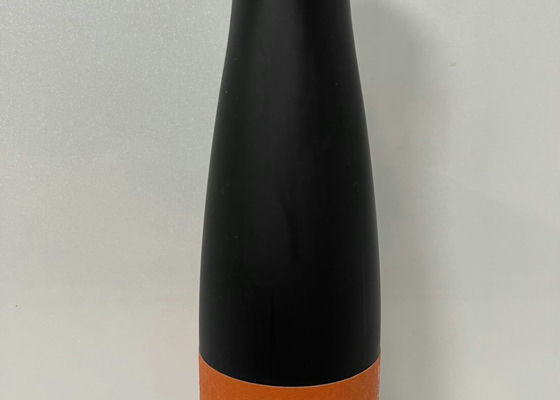
はなたろ
Limited production in very small quantities.
The taste is light and clean.
It is not sharp and has a gentle mouthfeel.
Price: ¥1,650 (tax included)
Content: 180ml
Taste: light and clean
Strength: 17%.
Rice polishing ratio: 40
Japanese>English
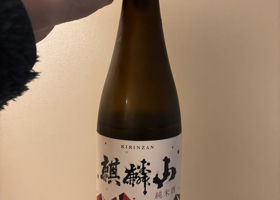
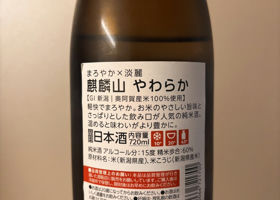
にわさん
Maybe it's more this way than Denshinsen.
Japanese>English